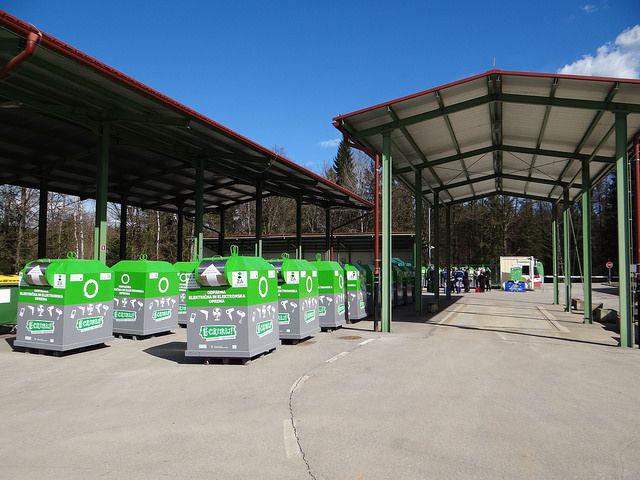
Marking Earth Day, and also as part of the LIFE E-Waste Governance project, in which the Ministry of Environment and Spatial Planning is also involved, a conference on the habits of individuals dealing with waste was organized by ZEOS, a company managing the treatment of electrical waste and electronic equipment. The slogan of the project, "E-cycle", intends to raise the public's awareness about the importance of taking care of the environment. And while the conference was mostly focused on awareness, the aim of the above-mentioned project is to improve the infrastructure for the reception of batteries and small household appliances, and collect one tonne of e-waste through street containers by the year 2020. So far, a total of 293 street containers and 56 green corners in shops, companies, schools and other collecting points have been set up in 140 municipalities across Slovenia. There is also a plan for a mobile caravan, which will collect e-waste in rural areas at agreed locations every Saturday.
E-waste the result of a high-tech society
The quantity of collected packaging waste considerably exceeds the amount of collected e-waste. However, the share of collected e-waste is increasing at the fastest rate, as such appliances become ever-more present in our daily lives. According to some estimates Slovenian homes store around 170 kilograms of e-waste, which brings the total number of e-waste in the country to around 340.000 tonnes. Electronic appliances are replaced every 10 years on average. Today's collected waste dates back to around 2005. When it comes to collecting small household appliances, Slovenia is above the EU average.
Rok Dovjak, MMC; translated by K. J.

































































